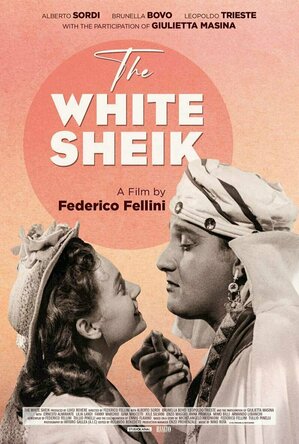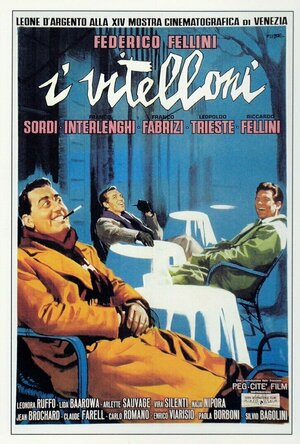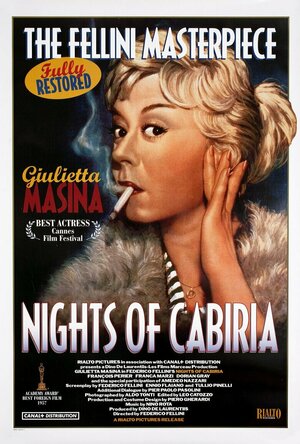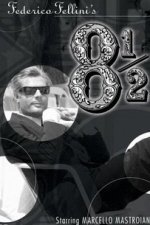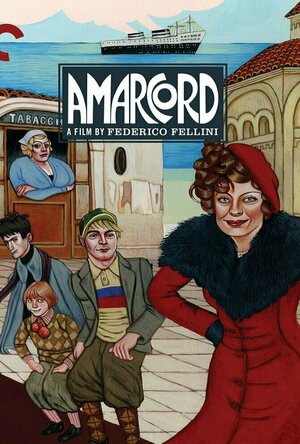Search
Search results
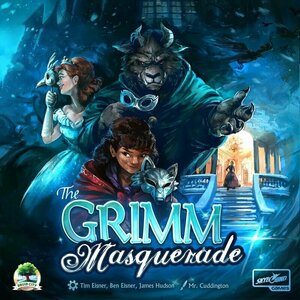
The Grimm Masquerade
Tabletop Game
The Beast has invited you to his castle for a Masquerade. When you enter, you are magically...
Merissa (12894 KP) rated The Starfolk Arcana (The Starfolk Trilogy #1) by Martha Dunlop in Books
Jul 21, 2022 (Updated Jul 26, 2023)
THE STARFOLK ARCANA is the first book in the Starfolk Trilogy and we are introduced to a contemporary world where Beth has never felt as though she fitted in, due to her gut feelings and intuition. On her birthday, she goes to a TV show that her friend got tickets for. There, she sees a celebrity, Amelia, who speaks a lot of nonsense but nevertheless manages to sway over the audience apart from Beth. It is also there she meets Jonan for the first time. Life is about to get a whole lot more interesting.
I wouldn't call this a romance book, but rather a story with romantic elements. There is a lot of back and forth between Beth and Jonan as they try to work together, past lives and tarot cards notwithstanding. The whole world seems to be under Amelia's spell, and they need to stop it. It is an uphill battle though, as it is easier to give in to fear than to fight it.
Full of twists and turns, you are never completely sure who to trust. I understood Beth's frustration and hope for the general population but I found her blindness to her roommate to be just as irritating for me.
It does end on a bit of a cliffhanger which definitely left me wanting more. A great read I thoroughly enjoyed and have no hesitation in recommending.
** same worded review will appear elsewhere **
* A copy of this book was provided to me with no requirements for a review. I voluntarily read this book, and the comments here are my honest opinion. *
Merissa
Archaeolibrarian - I Dig Good Books!
Jul 11, 2022
I wouldn't call this a romance book, but rather a story with romantic elements. There is a lot of back and forth between Beth and Jonan as they try to work together, past lives and tarot cards notwithstanding. The whole world seems to be under Amelia's spell, and they need to stop it. It is an uphill battle though, as it is easier to give in to fear than to fight it.
Full of twists and turns, you are never completely sure who to trust. I understood Beth's frustration and hope for the general population but I found her blindness to her roommate to be just as irritating for me.
It does end on a bit of a cliffhanger which definitely left me wanting more. A great read I thoroughly enjoyed and have no hesitation in recommending.
** same worded review will appear elsewhere **
* A copy of this book was provided to me with no requirements for a review. I voluntarily read this book, and the comments here are my honest opinion. *
Merissa
Archaeolibrarian - I Dig Good Books!
Jul 11, 2022

DishyMix: Success Secrets from Famous Media and Internet Business Executives
Podcast
Crave authority? Visibility? Want to attain a power position? Want to be a leader with your own...

Private Empire: ExxonMobil and American Power
Book
From twice-Pulitzer-Prize-winning author Steve Coll comes Private Empire, winner of the FT/GOLDMAN...
Greg Mottola recommended The White Sheik (1952) in Movies (curated)
Greg Mottola recommended I Vitelloni (1953) in Movies (curated)
Greg Mottola recommended Nights of Cabiria (1957) in Movies (curated)
Greg Mottola recommended 8 1/2 (1963) in Movies (curated)
Greg Mottola recommended Amarcord (1973) in Movies (curated)
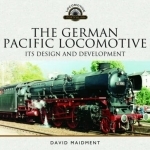
The German Pacific Locomotive: Its Design and Development
Book
The German Pacific Locomotive (Its Design and Development) is David Maidments fourth book in the...

